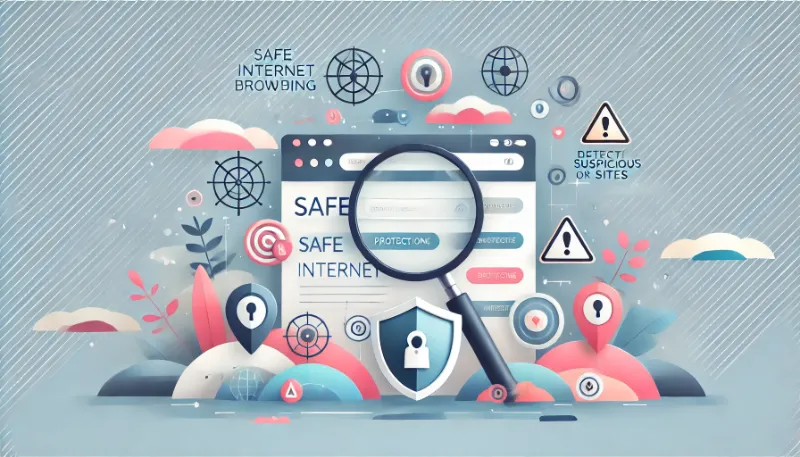Beware of Fake & Fraud Websites: Protect Yourself Online!

Let’s get real – the internet is an amazing place, but it’s also full of traps laid by scammers who want nothing more than to take your hard-earned money. Fake and fraud websites are everywhere, and believe me, I’ve seen how easily even smart people can almost fall victim. Some of my friends and family have nearly been scammed, but luckily, they spotted red flags like oddly spelled URLs and sketchy payment demands. But not everyone’s that lucky.
This problem is particularly common with tourists. In a popular destination like Shillong, I’ve heard too many stories of visitors who booked rooms online, only to arrive and find out that the hotel or guest house they paid for doesn’t exist, or they had no reservation at all. These fake hotel booking websites can look super convincing, and scammers know exactly how to play on the urgency of securing a place to stay. They lure travelers in, ask for upfront payments, and then disappear into thin air, leaving people stranded with nowhere to go.
So, how do you avoid getting duped?
1. Double-Check URLs
This one’s basic but essential. Always check the URL before making a payment. Many fake sites use slight variations of real websites, like “bookingg.com” instead of “booking.com.” A single letter can make all the difference between legit and scammy.
2. Look for HTTPS
That little padlock icon in the address bar isn’t just for show – it tells you the site is secured. If you’re about to make a payment on a site without HTTPS, stop right there!
3. Research Reviews
Fake websites often have zero reviews, or if they do, they’re overly positive and sound too good to be true. A quick Google search or a look at trusted review platforms can give you a sense of whether the site is legit.
4. Contact the Business Directly
If you’re booking a hotel, especially in a place you’re unfamiliar with, try calling or emailing the business directly to confirm your reservation. Many legitimate businesses are happy to verify your booking and give you peace of mind.
5. Be Wary of Upfront Payments
Scammers typically ask for full upfront payments. If you’re asked to pay 100% in advance without the usual secure options like credit card or PayPal, consider it a huge red flag.
6. Trust Your Gut
If something feels off, listen to that instinct. The fear of missing out on a “great deal” can cloud our judgment, but it’s not worth the risk.
In the end, staying safe online isn’t just about knowing these tips – it’s about using them. Scams are becoming more sophisticated every day, so it’s essential to be vigilant. I know my friends and family were glad they caught on in time, but not everyone has that luck. Let’s spread the word and keep each other safe, so more people can enjoy traveling without getting scammed.
Safe browsing!